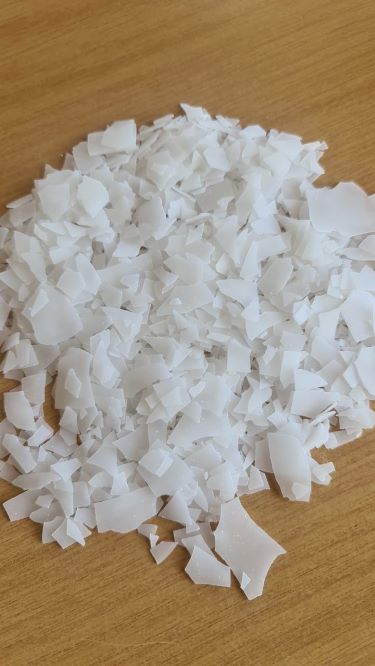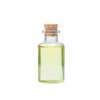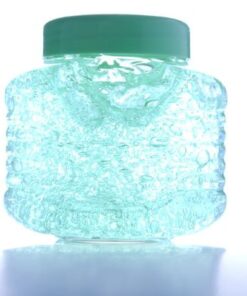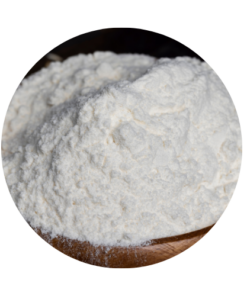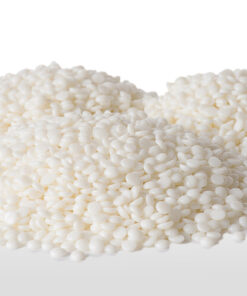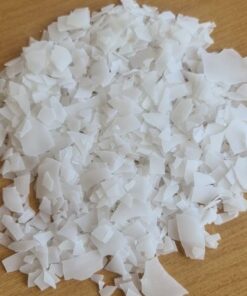Caustic Soda Flakes (Lye Sodium Hydroxide) – 1kg
R48,20
Caustic Soda Flakes (Lye Sodium Hydroxide) – 1kg – These flakes dissolve quickly in water, creating a strong alkaline solution that reacts to form soap
39 in stock
Caustic Soda Flakes (Lye Sodium Hydroxide) – 1kg
Essential for Cold Process Soap and Cleaning Formulations
Caustic Soda Flakes, also known as sodium hydroxide, are a must-have ingredient in cold process soap making and industrial-grade cleaning. These pure, white flakes dissolve quickly in water, creating a strong alkaline solution that reacts with oils and butters to form soap through saponification. Whether you’re crafting artisanal soap or managing tough cleaning jobs, Caustic Soda Flakes provide reliable, consistent performance.
Many soap makers rely on its effectiveness to produce firm, high-lather bars. At the same time, cleaning professionals use it to tackle grease, grime, and stubborn blockages. Because it’s highly active, users must follow proper safety guidelines when handling it.
Key Features: Caustic Soda Flakes (Lye Sodium Hydroxide)
-
Essential for Cold Process Soap
Creates a strong lye solution that blends with oils for traditional, handmade soap recipes. -
Quickly Dissolves
Mixes efficiently into cold water, helping you work faster and with greater precision. -
Highly Versatile
Suitable for soap making, drain cleaning, degreasing, and more. -
Industrial Strength
Delivers powerful results across a range of applications, from cosmetic formulation to maintenance. -
Economical and Efficient
Small quantities go a long way, making it a cost-effective staple in your toolkit.
Common Uses:
-
Cold process soap production
-
Drain and pipe maintenance
-
Degreasing tools and surfaces
-
pH adjustment in water systems
-
Biodiesel processing
-
Commercial kitchen cleaning
How to Use: Caustic Soda Flakes (Lye Sodium Hydroxide)
Add Caustic Soda Flakes slowly into cold water while stirring constantly—never the other way around. Use gloves, goggles, and protective clothing, and always mix in a well-ventilated area. After dissolving and cooling, the lye solution becomes ready for use in soap making or heavy-duty cleaning.
Ultimately, Caustic Soda Flakes offer unmatched strength, versatility, and purity. Whether you’re creating bath bars or handling industrial messes, this essential compound gives you professional results with every batch or task.
| Weight | 1,150 kg |
|---|---|
| Dimensions | 12 × 12 × 20 cm |

